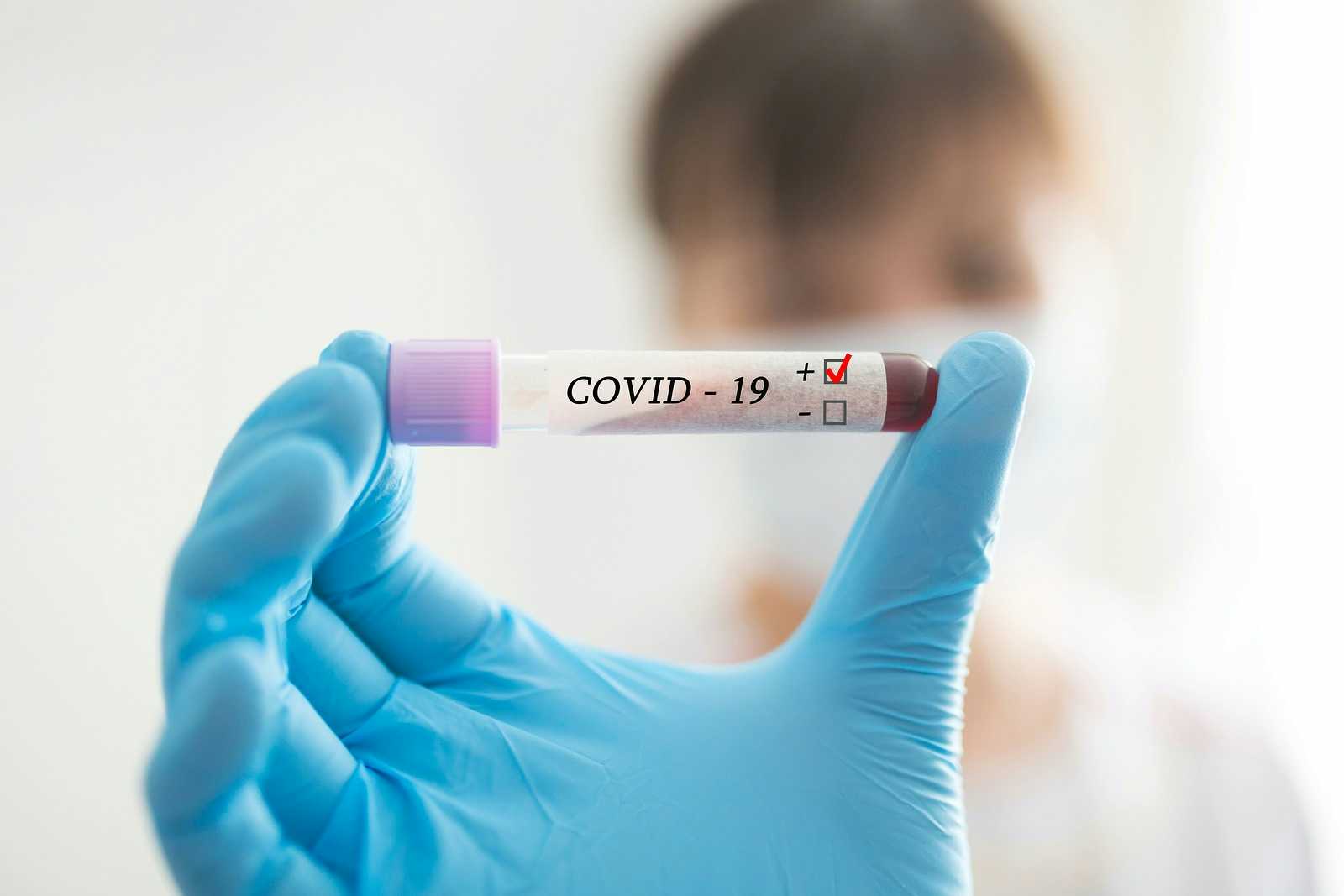
We have been watching the numbers edge up for months. On April 21, the number of cases of COVID-19 in the US was reported to be 787,370. On May 11 that number was 1,329,799. By June 1 the number of cases of COVID-19 had reached 1,791,163 and by June 22 it was 2,280,912. As of yesterday, we were told that the number of new cases had hit 2.4 million and was rising faster than ever.
Have We Been Grossly Misled About the Number of Cases of COVID-19?
On Thursday, June 25, 2020, the head of the CDC, Dr. Robert Redfield, announced that we may have far more cases of the coronavirus than previously imagined. Dr. Redfield estimated that the actual number of cases of COVID-19 could be 10 times greater than reported. That means as many as 24 million people could have been infected with SARS-CoV-2. Here is a direct quote from Dr. Redfield:
“Our best estimate right now is that for every case that’s reported, there actually are 10 other infections.”
How did the CDC determine that they were off by more than 20 million cases? According to Dr. Redfield, the new estimate was based on actual testing of blood samples.
Antibody Testing:
The samples came from those people who suspected they might have had COVID-19. They were also collected from blood that was donated at blood banks or other laboratories. In other words, it was from a large cross section of the country. The public health researchers were looking for antibodies to the coronavirus.
In theory, the antibody tests reveal if a person’s immune system has reacted to the presence of the SARS-CoV-2 virus. Even if someone does not develop symptoms, the immune system will know if it was exposed to the coronavirus.
Are More Cases of COVID-19 a Good or Bad Thing?
Some people are likely to suggest that more cases are a good thing. They might claim that the more people that catch COVID-19 the faster we will achieve herd immunity. That would mean that the virus will fade away sooner.
Not so fast. Dr. Redfield says that with 24 million people exposed to the virus, that leaves as much as 95% of the population unexposed.
We currently have 122,500 deaths in the US from COVID-19. Many states are reaching new highs this week. Some experts are forecasting that there will be 180,000 deaths by Oct. 1, 2020. Herd immunity is a long way off.
What’s the Take Home Message?
We are sorry to say that cases of COVID-19 will not be going away anytime soon. Until we have effective treatments and/or vaccines, the public health message from around the world remains the same: wear a face mask when out in public, keep as far away from others as possible, wash your hands frequently and use common sense.
Read about “New Evidence on the Value of Face Masks” at this link.
Share your thoughts in the comment section below.

